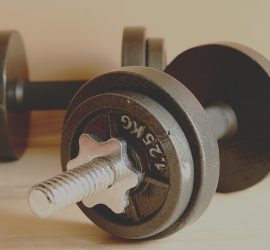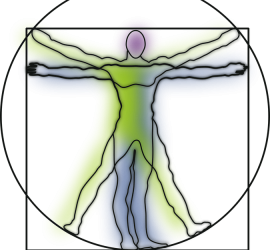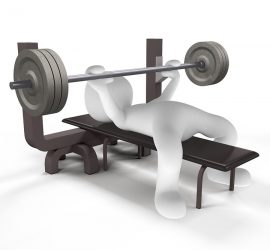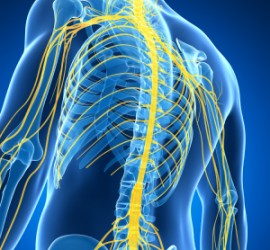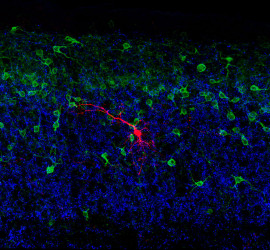The debate on muscle hypertrophy
For decades, there has been a consensus amongst scientists and practitioners that one of the ways people become stronger after resistance training is that their muscles become bigger. This increase in muscle size is termed muscle hypertrophy. Over the past 3 years, however, Jeremy Loenneke’s research group at the University […]


